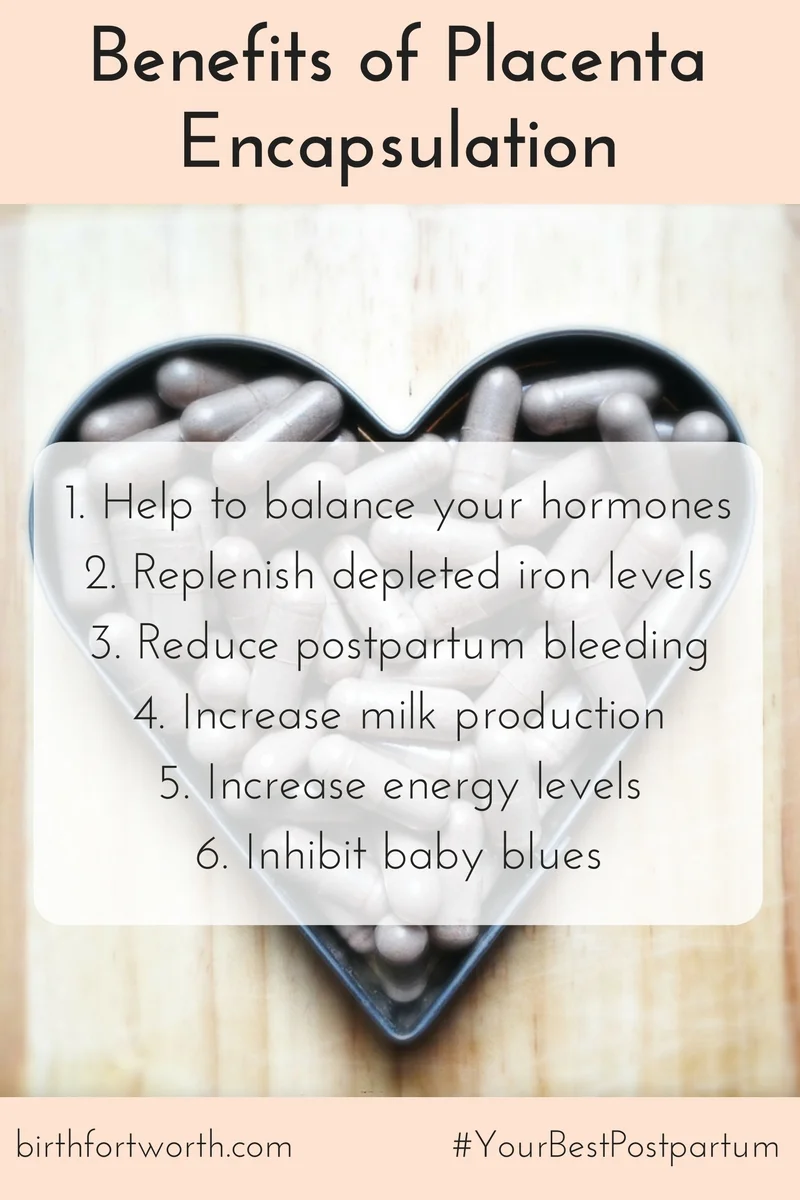The Role of Placenta Encapsulation in Postpartum Recovery
Introduction
The postpartum period, the time following childbirth, is a transformative phase for both the mother and the newborn. As the body undergoes physical and hormonal adjustments, many women seek ways to support their recovery and enhance their overall well-being. Placenta encapsulation, an ancient practice that has gained popularity in recent years, has emerged as a potential tool for postpartum healing.
What is Placenta Encapsulation?
Placenta encapsulation involves the process of transforming the placenta, an organ that nourishes the fetus during pregnancy, into capsules that can be ingested by the mother. The placenta is a rich source of nutrients, hormones, and growth factors that are believed to support the body’s recovery after birth.
Benefits of Placenta Encapsulation
Proponents of placenta encapsulation claim that it offers a range of benefits for postpartum women, including:
- Reduced bleeding: The placenta contains hormones that help to constrict blood vessels, which may reduce postpartum bleeding.
- Improved mood: The placenta contains hormones that have mood-boosting effects, potentially reducing the risk of postpartum depression.
- Increased energy: The placenta is a source of iron, which can help to improve energy levels.
- Enhanced milk production: The placenta contains hormones that support lactation, potentially increasing milk production.
- Reduced pain: The placenta contains anti-inflammatory compounds that may help to reduce pain and discomfort after birth.
- Faster uterine involution: The placenta contains hormones that help the uterus to return to its pre-pregnancy size more quickly.
Scientific Evidence
While anecdotal evidence suggests that placenta encapsulation may have beneficial effects, scientific research on the topic is limited. Some studies have shown promising results, while others have found no significant benefits.
- A 2013 study published in the journal "Complementary Therapies in Medicine" found that women who took placenta capsules experienced reduced postpartum bleeding and improved mood.
- However, a 2018 study published in the journal "Obstetrics & Gynecology" found no significant difference in postpartum outcomes between women who took placenta capsules and those who did not.
Safety Considerations
Placenta encapsulation is generally considered safe, but there are some potential risks to consider:
- Infection: If the placenta is not properly handled or processed, it could become contaminated with bacteria or other pathogens.
- Blood clots: The placenta contains clotting factors, so women with a history of blood clots should consult with their healthcare provider before taking placenta capsules.
- Allergic reactions: Some women may be allergic to the placenta, which could cause an allergic reaction.
How to Encapsulate the Placenta
Placenta encapsulation can be done at home or by a professional encapsulation specialist. The process typically involves the following steps:
- Collection: The placenta is collected immediately after birth and placed in a sterile container.
- Steaming: The placenta is steamed to remove any bacteria or pathogens.
- Dehydration: The placenta is dehydrated to remove excess moisture.
- Grinding: The placenta is ground into a fine powder.
- Encapsulation: The powder is placed into capsules for ingestion.
Dosage and Administration
The recommended dosage of placenta capsules varies depending on the individual’s needs. Typically, women take 2-4 capsules per day for the first few weeks postpartum. The capsules can be taken with or without food.
Conclusion
Placenta encapsulation is an ancient practice that has gained popularity as a potential tool for postpartum recovery. While scientific evidence on its benefits is limited, anecdotal evidence suggests that it may offer a range of benefits, including reduced bleeding, improved mood, increased energy, and enhanced milk production. However, it is important to be aware of the potential risks and to consult with a healthcare provider before taking placenta capsules.
